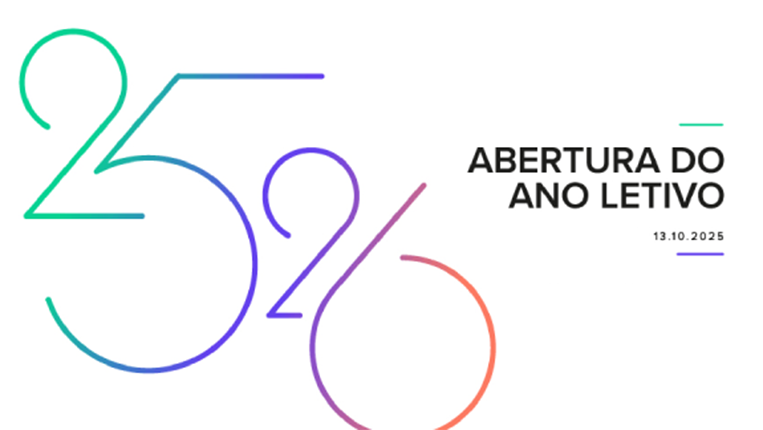You are cordially invited to attend the next CEGE4ALL: Markets & Policy Seminar by Michelle Sovinsky, on “More Joint Use? A Bundle Choice Model of Youth Multi-Substance Use and Legalization Implications”. The seminar will take place on November 28th, between 11.30 am and 12.30 pm in room EP002.
Venue: Católica Porto Business School, Paradise Building, Room EP002
Date: 28 November
Time: 11:30 a.m. - 12:30 p.m.
Format: hybrid (online or in-person)
Please register by November 27th.
The majority of Americans favor nationwide marijuana legalization. The evolving legal environment affects how consumers make use decisions including co-use with legal substances. State-specific studies on legalization lack generalizability due to varying regulations and state spillover effects. Using Monitoring the Future data from 2004–2013, when recreational marijuana was illegal across states, we estimate a model of youth multi-substance use of marijuana, alcohol, and cigarettes (and combinations). Our framework captures bundle use, limited access, and persistence. We isolate the effects of legalization-related changes—access, enforcement, and quality—and simulate nationwide legalization under multi-substance tax regimes. Methodologically, we introduce the first Bayesian bundle-choice model that accounts for unobserved taste correlations and choice set limitations. We find that sin goods are complements, and legalization would increase youth use from 29% to 39%, primarily due to co-use with other sin goods. Coordinated tax increases on sin goods coupled with police enforcement can offset this rise. Our paper offers unexploited tools for designing effective youth-focused policies post-legalization.

|
Michelle Sovinsky is a Professor of Economics at the University of Mannheim, a research fellow of the Center of Economic Policy Research (CEPR), an associate of the University of Chicago Becker Friedman Institute, and a member of the Economic Advisory Board for Competition Policy for the European Commission. Her research focuses on using game-theoretic modeling with empirical analysis to examine policy issues in industrial organization and applied health. Her research covers a wide range of topics including individual decision making under limited information and the implications for market power, competition policy, and markets for illicit products. Her research has implications for the design of public health policy and competition policy and has been published in the American Economic Review, Econometrica, and the International Economic Review. She received a European Research Council Consolidators Grant (2017-202) for the project "Illicit Products, Unknown Competitors, and Illegal Behavior" (FORENSICS). Michelle holds a Ph.D. in Economics from the University of Virginia and has been on the faculty in the United States (at the University of Southern California) and in Europe and has held visiting professorships in the US, Europe, and Australia. |




